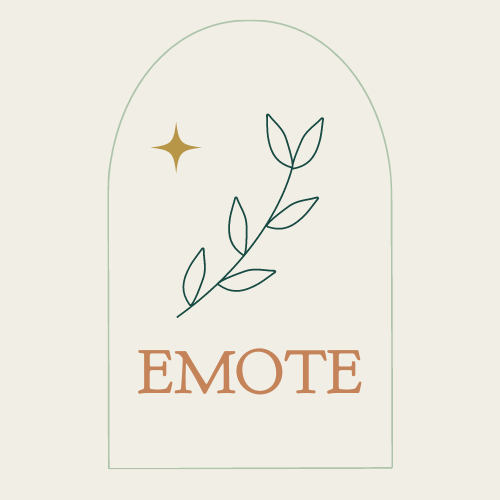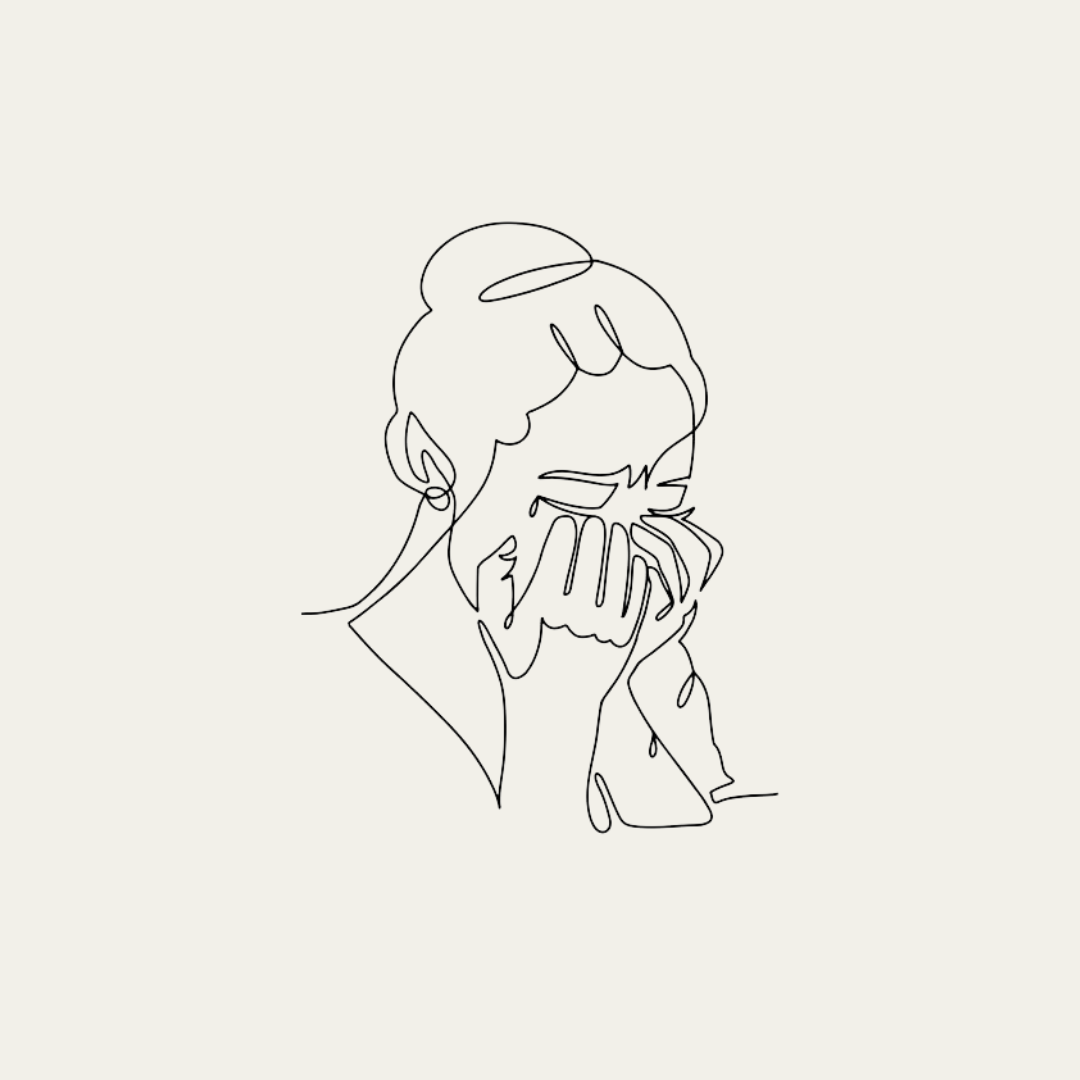Recently, I told a close friend of mine, that if anything ever happened to me, I didn’t want them to fly back for the funeral because it’s more important to me that they invest in a trip for themselves and go experience a beautiful place in the world. Please, take the pieces of me you’re carrying to a wonder-filled place and let’s be together that way instead. After spending so much of my adult life, as a therapist, processing other people’s grief, I’ve developed an immense appreciation for the power of expressly giving your loved ones the encouragement to not get too stuck in grief and to turn toward the preciousness of life instead. Living is the only acceptable expression of grief because what value does death have if it doesn’t inspire a profound motivation toward life.
Grief hurts. Our bodies are built to dysregulate and experience pain mentally, physically, emotionally, and spiritually in the presence of death. We are so hard-wired for connection, that when we lose someone, our body loses a piece of how it makes sense of the world and that causes very real pain and suffering. We cannot escape the biological reality that we need other people to survive, meet our basic needs, regulate our emotions, and to increase and maintain our overall health. In order to live a happy, healthy, and meaningful life we need an abundance of connection, which will inevitably bring pain to our lives. We can’t have a good life without the pain of grief.
We honor the dead, but we don’t die with them. It’s a gift to receive someone else’s connection because they pay a price for it, too, and it’s important to honor the debts of pain we all accumulate through the deep connections we can’t live without. We practice rituals of grieving after someone dies to celebrate, honor, and recollect their contributions to our lives. It’s important to have that pause to honor transitions, both a chapter closing and the movement into new phases of our lives. However, it’s a place we visit, we’re not supposed to live there. We don’t have to continue cultivating pain and suffering to reassure ourselves that someone mattered. They are part of us, nothing can change that, and we couldn’t get rid of those ghosts if we tried — so we might as well carry them toward all the best experiences. Build an identity with them and also beyond them.
Release the dead from debts they can’t pay. It’s tough when someone dies and we have unresolved issues with them. Perhaps there are things they couldn’t give us and things we weren’t capable of fully communicating with them. As part of the ritual of transition it’s important to bury the unresolvables. It’s possible to do that in a concrete way such as writing a letter and putting language to all the things that are left undone, and then actually burying it somewhere to symbolize letting it go (even better to do it on paper infused with flower seeds and bring something to life in the process). It’s also possible to recommit yourself to your own life and healing. Embody the concrete changes you want to see in the world. For example, if our grandmothers couldn’t give us the love, acceptance, and validation we needed, become the grandmother who accepts, validates, and loves. Empower yourself to be the human you needed.
Don’t invoke the dead to inflict pain on yourself, they can’t consent to your suffering. When someone dies they lose the ability to consent to anything done in their name, including your suffering. If you asked them permission to suffer for a long time on their behalf, what would they say? When we find ourselves in the position that we are invoking the dead back into our lives it’s important to reflect on what purpose or need that is serving for us. How are we using the dead? Is it to gain something for ourselves or from others? Is it a strategy to keep pain alive because living with pain feels like the truth? What’s left of us without it? Part of the respite we experience when we are close to death is the knowledge that those we love are going to be healthy and thrive after we’re gone. It’s a unique kind of unrest and anguish, torture even, to not experience solace in the hope for humanity in the future. Give the dead and dying their peace — that everybody’s going to be ok and life will continue to be a beautiful place. The greatest gift you can give to the dead is a well-lived, and a well-loved, life.
- EMOTE
Sarah Sevedge has a Ph.D. in Counseling Psychology and is a licensed mental health counselor in private practice.
Disclaimer: The content provided is for educational and informational purposes only. It is not intended as healthcare or medical information nor to diagnose or treat any disorder or condition. It does not constitute personal or professional consultation or create a therapist-client relationship.

